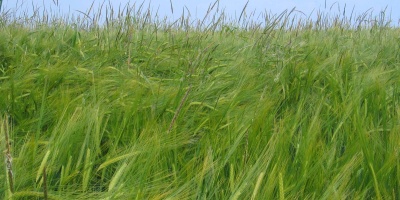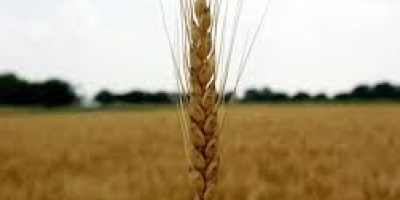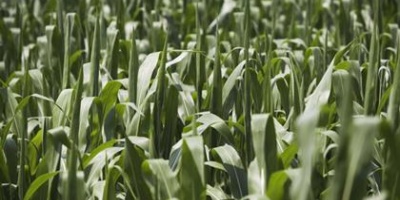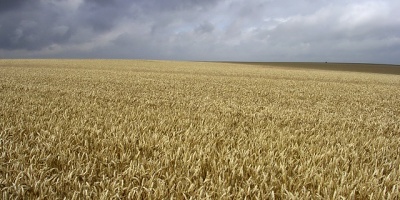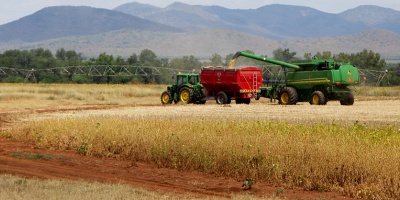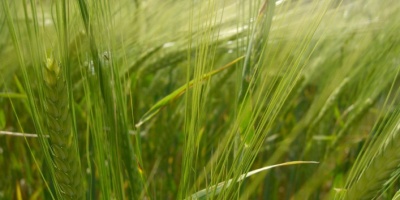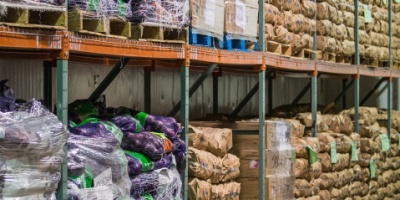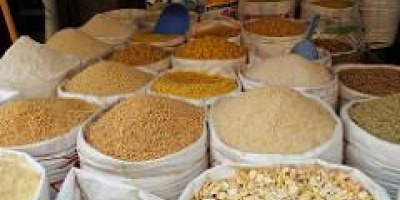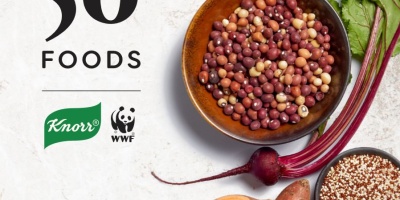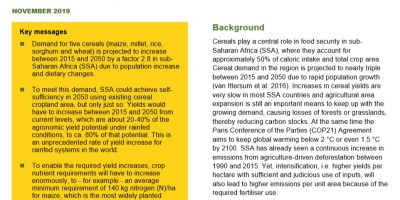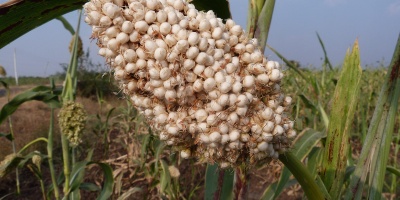Cereals are grasses which are cultivated for the edible components of its grain, such as rice, wheat, millet, maize and sorghum. The grains are rich in carbohydrates and provide more food energy worldwide than any other type of crop. Carbohydrates are an important component of any diet with dietary guidelines usually suggest that between 45% and 75% of dietary energy should come from carbohydrates, with the majority coming from the more complex starches. Health outcomes and nutrition are determined by the quantity consumed, the level of processing (e.g. whole grain flour is recommended rather than white) and the type (potatoes versus rice) as well as accompaniments (eg.fats, spreads, sauce). Cereals are the main staple food for the world's poorest. As diets transition, people typically eat fewer starchy staples and increase their consumption of other foods; fruits, oils, fats, sugars and animal products. Carbohydrate based foods usually have a lower carbon footprint compared to, for example, meat and dairy. Still, like most produce, they do cause an environmental impact: use of pesticides, loss of biodiversity, soil degradation and intensive water use are some of the problems associated with cereal cultivation.

